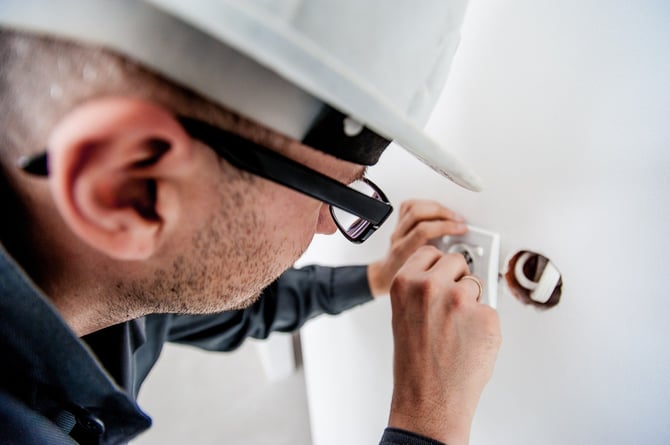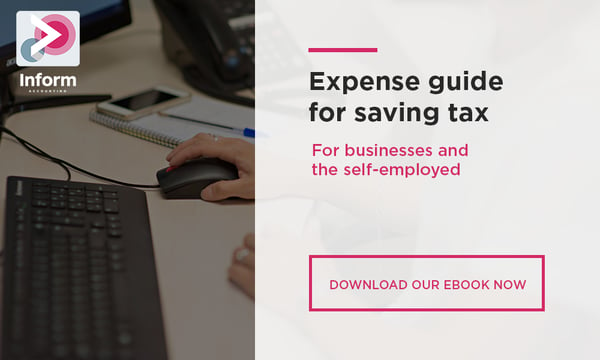BLOG
Avoid the shock - SEISS grants ARE taxable

To support the self-employed during COVID, the government announced its SEISS scheme, providing grants matching employees on furlough. The first payout started in May, and the government has announced another payout will be available in August 2020, again to match the extension of furlough to October 2020.
HMRC will work out your eligibility the same way as the first grant. If you make a claim for the second grant you will have to confirm your business has been adversely affected on or after 14 July 2020.
This grant will be a taxable grant worth 70% of your average monthly trading profits, paid out in a single instalment covering a further 3 months’ worth of profits, and capped at £6,570 in total.
You can claim for the second and final grant even if you did not make a claim for the first grant. The online service for the second and final grant is not available yet. HMRC will update their webpage when available.
If you are eligible and are yet to make a claim for the first grant, you must submit your claim before 13 July, as this is when the deadline for the first grant claim closes.
SEISS grants ARE taxable
You may be remiss for thinking that as a government ‘grant’, it’s tax exempt. Unfortunately this isn’t the case, and you may have to pay back as much as a third of the grant you received.
As the amount of grant you have received is to replace what would have ordinarily been your taxable income, you’ll need to declare this money on your self-assessment tax return, and pay income tax and Class 4 National Insurance on it.
Although, because of the timing of the scheme, the grants made under the SEISS are most likely to be included on your 2020 - 2021 tax return, so there is still some time before you’ll need to pay back the taxes on these by 31 January 2022.
We know it’s tempting to spend the money once you have it, but our advice is to make sure that you keep a record of the amounts received (as required to), and ensure you save some of the money to contribute to those taxes so you don’t have any unwelcome future surprises.
You can estimate what the likely tax charge on your income will be by using the anticipated tax rates. For most, these are likely to be 20% income tax and 9% on Class 4 NI.
A warning for self-employed construction workers…
It’s critical to point out that these SEISS grants are paid out gross i.e. without the usual 20% tax deducted under CIS. This tax is instead due to HMRC through your 2020 - 2021 self assessment tax return.
There is a high chance that you will have higher than usual taxable income as a result, meaning that you may not get the refund you usually receive after submitting this tax return.
If you rely on receiving this tax refund, you’ll need to make sure that you have made provisions in the event that you owe tax to HMRC.
Get in touch...
If you're in need of self assessment support, get in touch with our team today on (0121) 667 3882 or email us at hello@informaccounting.co.uk to find out how we can help.
Read more of Inform's tax blogs:
Live page: Accounting advice during business disruption
It's that wonderful time of the year...for fraudsters to pray on taxpayers!
Paying yourself a salary: What are the most tax efficient options for limited company owners?
Four key cashflow issues that could cripple your business (and how to avoid them)...




.jpg?width=1500&height=1000&name=amy-hirschi-K0c8ko3e6AA-unsplash-(5).jpg)

